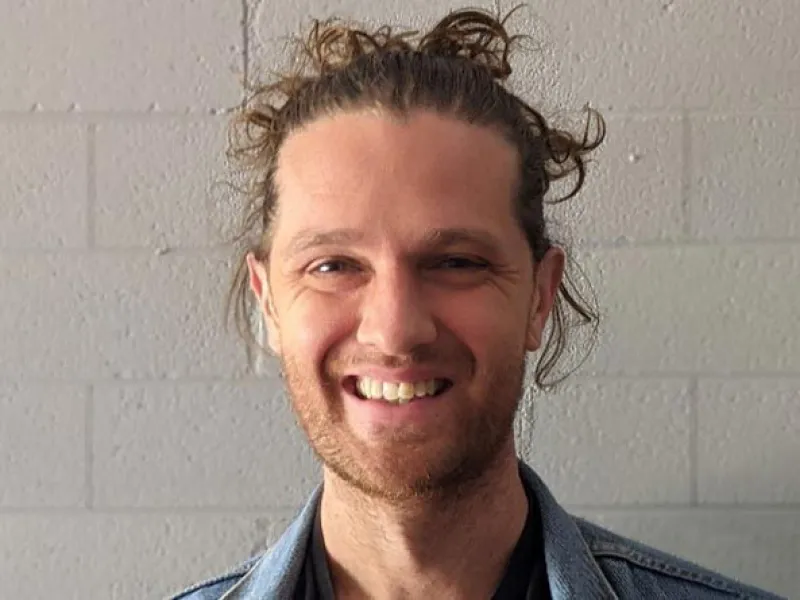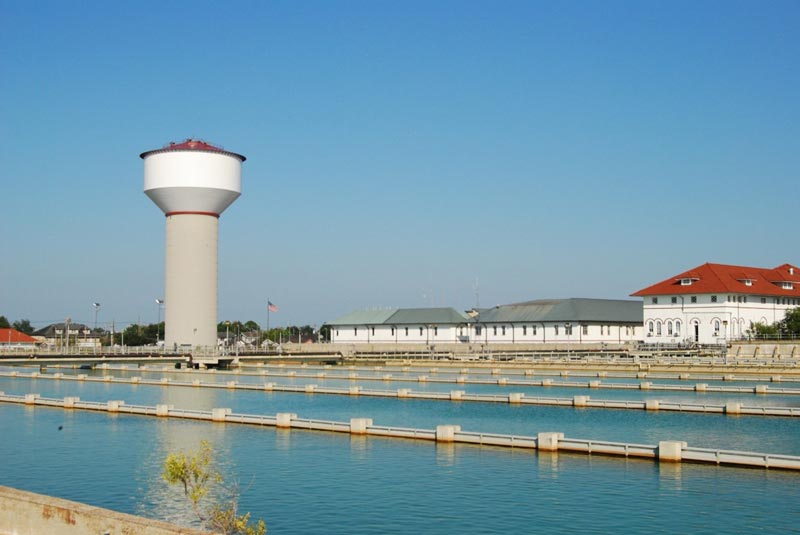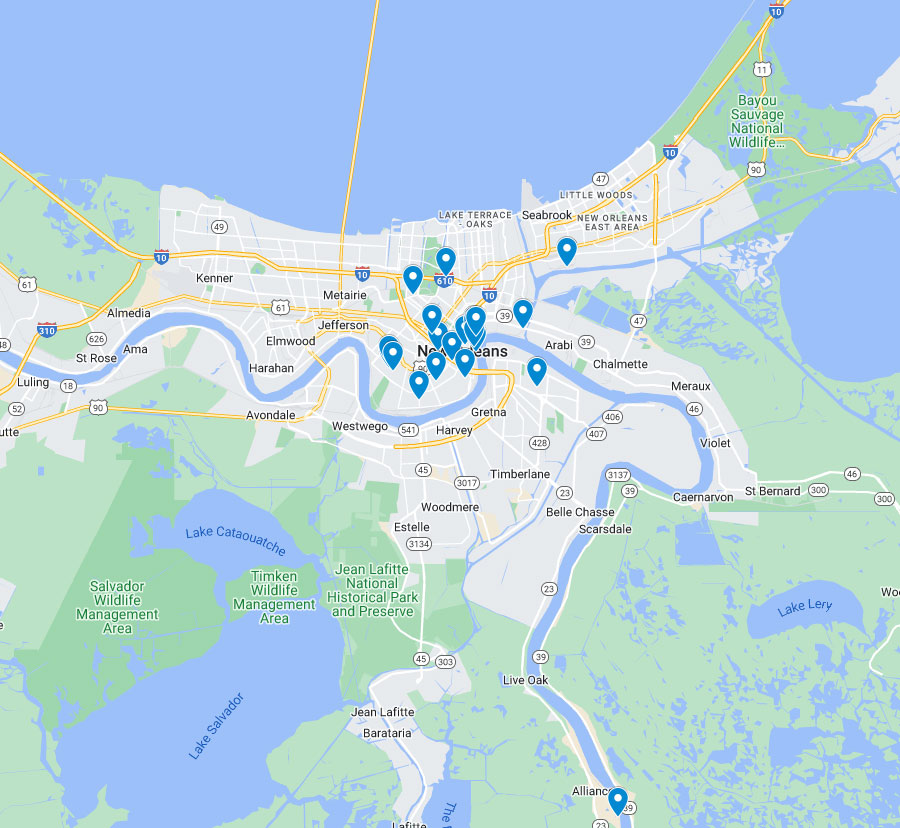
Biography
Liam Grealy is a settler scholar living on Larrakia Country in Northern Australia. He is employed as research fellow in the Department of Gender and Cultural Studies at the University of Sydney and as senior research officer at Menzies School of Health Research. At the University of Sydney, Liam works in the Housing for Health Incubator, where his research examines housing and infrastructure policy in regional and remote Australia and southeast Louisiana. Liam lived in New Orleans from 2017 to 2020, during which he collaborated with Civic Studio – A New Orleans Co-op (then Blue House Civic Studio) on the Mixed Media: Water Systems project. Other collaborative research projects are visible at Housing for Health Incubator, Infrastructural Inequalities, and Media Classification.
Research
The city of New Orleans faces infrastructural challenges in the provision of potable water that are increasingly common to cities in late-industrial nation-states. Reticulated pipes installed in the late-19th century crack and corrode, leaking water and leaching heavy metals; the local tax base is inadequate to fund necessary repairs and replacement, underpinning a reliance on federal grants; and billing failures have damaged public confidence in the New Orleans Sewerage and Water Board (SWB). Meanwhile, the city built predominantly on drained former swamp land subsides while sea levels rise, precariously protected by a complex system of levies, floodgates, pumps, and canals. Public attention focuses on flood prevention, but the secure provision of potable water is similarly vulnerable.
The SWB remains a public utility and the treatment and delivery of drinking water a common problem, or one that generates broad publics capable of making collective demands. This project poses the question ‘what does it take to get a drink in New Orleans?’ to understand the history of water provision, examine contemporary pressures on the system, and explore the collective work of its ongoing upkeep.



